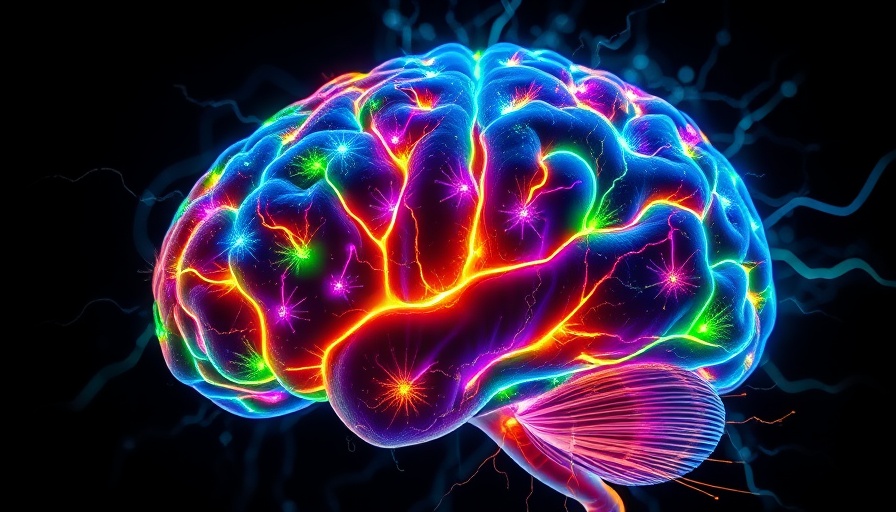
Unlocking the Secrets of Memory: The Role of Internal Brain Rhythms
Recent research has shed light on a fascinating aspect of the human brain: the internal rhythms that help orchestrate memory. Neuroscientists have discovered that our brains operate on specific rhythms that play a crucial role in organizing and recalling memories. This discovery is not just a scientific breakthrough; it has significant implications for parents and educators who strive to help children learn more effectively.
The Science Behind Memory Formation
In a study published in a prominent neuroscience journal, researchers found that as the brain engages in memory retrieval, different regions sync up through rhythmic activity. This synchronization is integral to how memories are formed and recalled, emphasizing the importance of a healthy brain rhythm for optimal memory function. For parents, this research highlights the value of activities that can enhance brain function in children.
Practical Insights for Enhancing Memory in Kids
Understanding these brain rhythms can guide parents in choosing activities that promote better memory skills. Simple habits such as encouraging children to participate in regular physical activities, maintaining a balanced diet rich in omega-3 fatty acids, and ensuring adequate sleep can significantly boost these internal rhythms. Engaging children in games that challenge their memory, such as puzzles or memory card games, can also develop this cognitive function.
How Rhythm and Routine Support Learning
Just like musical rhythms help keep time, incorporating routines can help children develop their memory skills. Establishing a consistent schedule for homework, playtime, and family meals can provide a structure that nourishes their brains. Rhythmic activities like clapping, dancing, or even playing a musical instrument not only make learning fun but also encourage these critical brain rhythms.
Storytelling: The Age-Old Tool for Memory Enhancement
One of the most effective ways to support memory development in children is through storytelling. Sharing stories can captivate a child's attention while allowing them to connect emotionally to the material, embedding it in their memory more effectively. Parents can make this an interactive experience by asking questions about the story or encouraging kids to create their own tales, thereby reinforcing their engagement and understanding.
Balancing Screen Time with Brain-Friendly Activities
In an age dominated by screens, it’s essential to balance digital interaction with brain-friendly, device-free activities. While educational apps can serve as tools for learning, it's vital to monitor and limit screen time. Encouraging outdoor play, reading, and hands-on activities allows children to engage with their environment, which can boost cognitive activity and help maintain those all-important brain rhythms.
Celebrating Memory Milestones
Positive reinforcement is crucial in a child’s learning journey. Celebrate their achievements, whether it’s recalling a story from memory or mastering a new skill. Recognition not only boosts their confidence but also reinforces the behaviors that help develop strong memory pathways. Activities that highlight their progress, like family game nights dedicated to memory-based games, can make a big difference in their learning journey.
Conclusion: The Importance of Healthy Brain Rhythms
Parents play a vital role in fostering environments that enhance their children's memory capabilities. By understanding the significance of internal brain rhythms, parents can promote activities that nourishes their child's brain health and cognitive development. The insights from neuroscience not only illuminate the mysteries of learning but also equip parents with the tools to support their child's educational journey. So let’s nurture those small, young minds and help them thrive!
 Add Row
Add Row  Add
Add 




Write A Comment